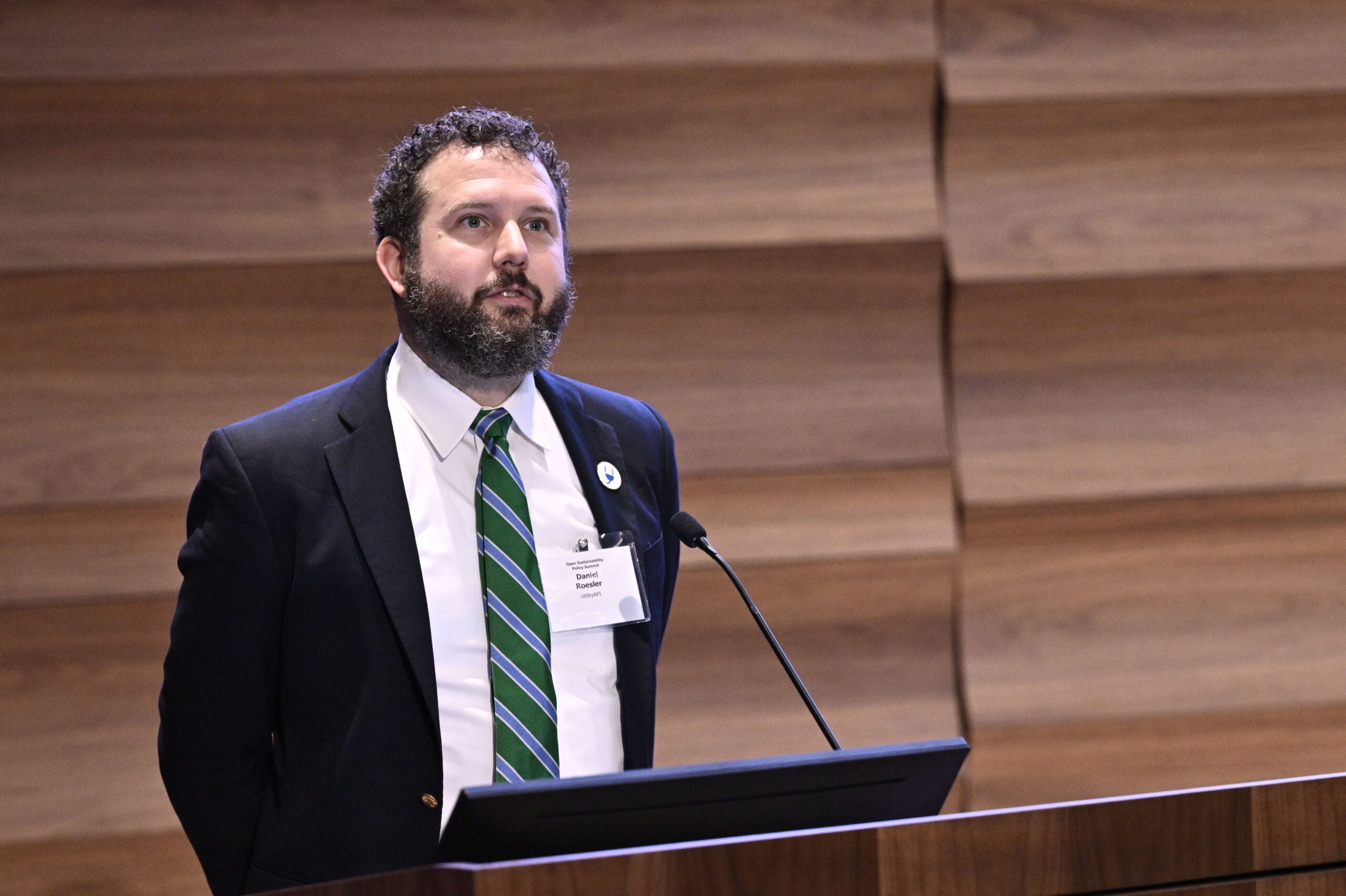Open Sustainability Policy Summit Recap and Video: Unlocking Customer Data for a Greener Future
At the recent Open Sustainability Policy Summit (OSPS) 2024, Daniel Roesler, Founder and Chief Technology Officer at UtilityAPI, delivered a session on “Getting Customer Data with LF Energy’s Carbon Data Specification” (video follows below). The session underscored the crucial role of standardized customer data access in advancing clean energy technologies and carbon accounting.
Key Takeaways from the Presentation:
1. The Need for Standardized Data Access
Roesler emphasized the importance of unlocking and standardizing access to real customer data. This standardization is essential for various clean energy projects, from deploying new technologies to accurate carbon accounting. The challenge lies in the fragmented and ad-hoc nature of current data formats, making it difficult to gather and use customer data efficiently.
2. The Structure of LF Energy
LF Energy operates under the Linux Foundation and is divided into two main sectors: open source projects and open standards. The customer data specification is part of the latter, aimed at creating a unified approach to accessing and managing customer data. Roesler’s working group, focused on customer data, collaborates with another group dedicated to power systems data, ensuring comprehensive data coverage for energy usage and emissions calculations.
3. Overcoming Barriers to Data Access
Accessing customer data involves navigating various privacy and authorization concerns. Roesler highlighted the complexity of obtaining interval data, which is critical for programs like demand response and grid flexibility. He pointed out the need for a streamlined, automated process to handle the massive amounts of data generated by AMI meters, which are now prevalent.
4. Enhancing Privacy and Security
The specification prioritizes customer consent and data privacy. It aims to establish a secure and standardized process for third-party access to data, ensuring that customers’ privacy is safeguarded. Roesler noted that without a mandate or policy coordination, utilities are unlikely to offer data access voluntarily, highlighting the need for regulatory support.
5. Encouraging Collaboration and Feedback
LF Energy’s approach is highly collaborative, inviting participation from various stakeholders. All resources and meeting minutes are publicly accessible, and feedback on the specification drafts is actively encouraged. This open model aims to refine and improve the standards continually, ensuring they meet the needs of the energy transition.
Moving Forward
The LF Energy Customer Data Specification represents a significant step towards a more sustainable and efficient energy landscape. By addressing the challenges of data fragmentation and privacy concerns, it paves the way for innovative clean energy solutions and accurate carbon tracking.
For more information and to participate in the ongoing development of these standards, visit https://lfenergy.org/projects/carbon-data-specification-cds/.
